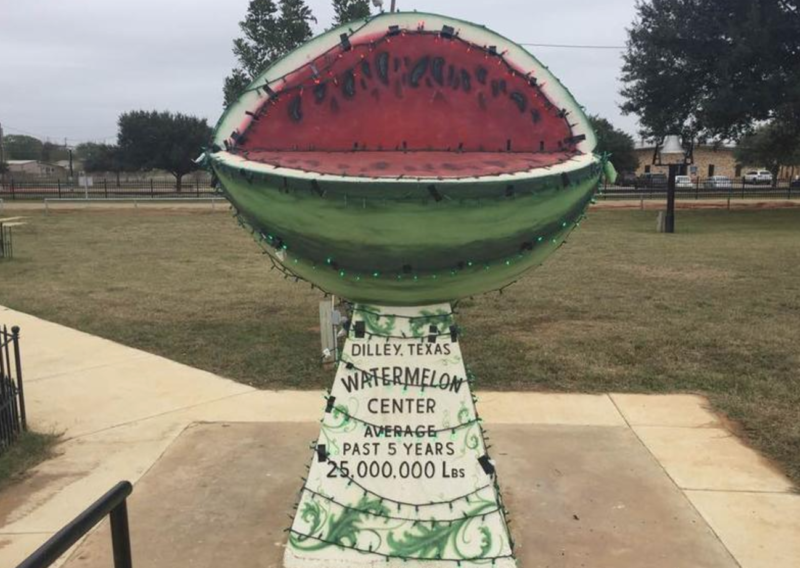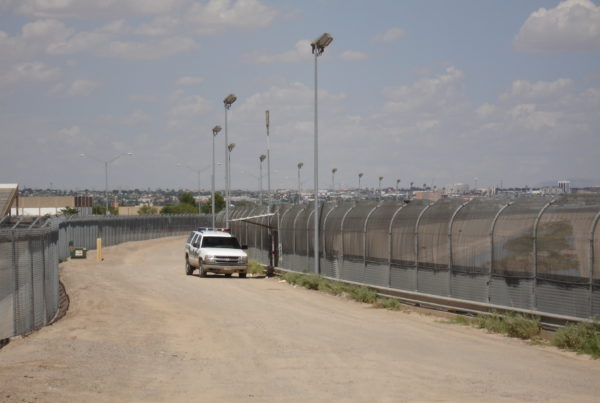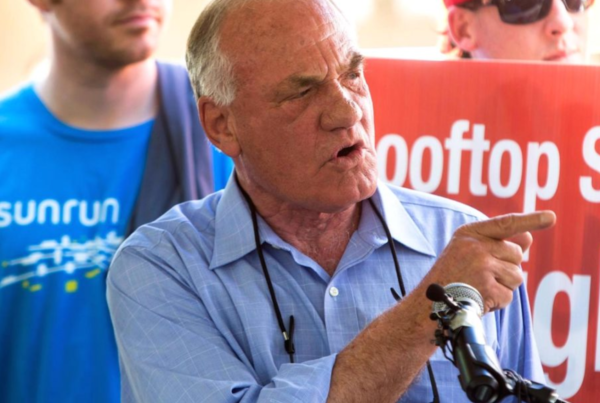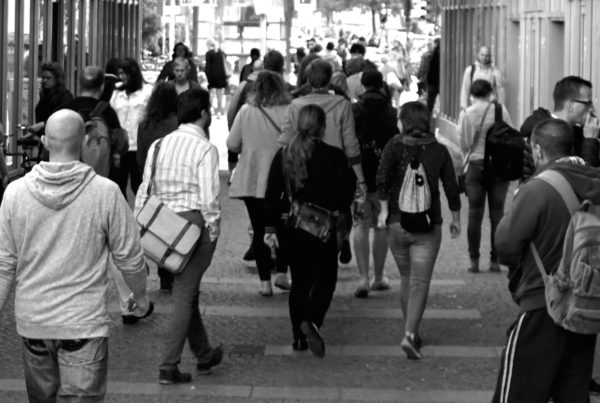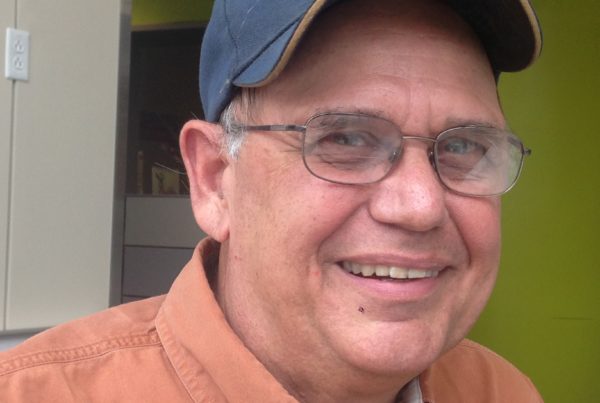From Texas Public Radio:
Dilley native Gilbert Ortiz stares blankly at his hometown’s humble main drag from a nearby park.
“Well, in general, the whole town is dead,” says Ortiz. “There’s nothing here. This used to be a very big agriculture town. They called it the watermelon capital; you can see the watermelon there.”
Ortiz points to the hard-to-miss statue of a half-eaten watermelon—wrapped in Christmas lights. Today, Dilley is known for other things.
“Mainly oil and incarceration, says Jose Asuncion, a third-generation Dilley resident. By incarceration, he means the state prison and the so-called family detention center packed with immigrant women and children. Between the two of them:
“That’s 3,700 potential incarcerated people,” says Asuncion. “That’s equivalent to the town’s population. I think that’s wrong.”
Immigration authorities hastily opened the largest immigrant detention center in the country here 2 years ago, in an old oil worker ‘man camp’ at the edge of town.
“The headline in the paper was ‘Feds May Ok Internment Camp At Dilley,’” says Asuncion. “And the sub headline was ‘Opportunities for Employment.’”
The Dilley City Council approved its agreement with the private prison company and the man-camp owner in October 2014. CoreCivic agreed to prioritize hiring Dilley residents to fill 600 jobs, but Asuncion hasn’t seen that.
“I’ve met a bunch of people that have applied for jobs there and didn’t get them because they do rigorous background checks and credit checks,” says Asuncion. “We’re a town that’s going through an oil bust, so of course a lot of the people here are not going to have good credit.”
The council’s agenda promised the project would provide $6.9 million in direct economic benefit to Dilley, but it’s unclear that’s come through. The agreement–and appraisal district data–show the city should have brought in less than $2 million in revenue sharing from CoreCivic and property taxes from the center since then.


